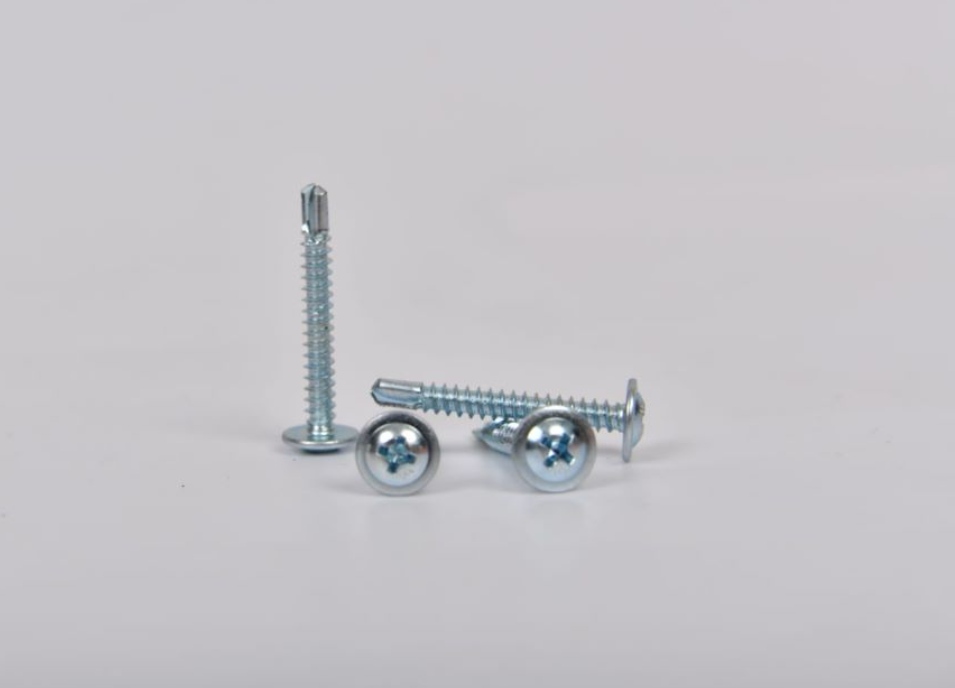General Tolerances and Standards for Spring Washers in Industrial Applications
Understanding Spring Washer General Tolerances
Spring washers are essential components used in various mechanical applications to provide preload, absorb shock, and maintain tension in fastened joints. Often made of materials such as stainless steel or carbon steel, these washers are designed to deform under load and provide a spring effect that can enhance the performance and longevity of assemblies. One crucial aspect of working with spring washers is understanding their general tolerances, which influence their effectiveness and reliability in application.
What Are Tolerances?
Tolerances refer to the allowable limits of variation in a physical dimension or measured value. When dealing with washers, this typically includes factors such as thickness, outer diameter, inner diameter, and material properties. General tolerances are important because they ensure that components fit together as intended, maintaining the integrity and functionality of the overall assembly.
Importance of Proper Tolerances
One of the primary reasons for applying correct tolerances to spring washers is to ensure a reliable connection between fastened parts. If a washer has dimensions that fall outside accepted tolerances, it may not fit properly, leading to loose connections, excessive vibration, or premature wear. Such failures can result in mechanical breakdowns or, in severe cases, catastrophic failures that compromise safety.
In addition, adherence to proper tolerances helps in standardizing parts across production lines. This standardization is vital for manufacturers who seek to achieve efficiency and consistency in their production processes. By implementing precise tolerances, companies can minimize waste, reduce the need for reworks, and enhance overall operational efficiency.
spring washer general tolerances service

General Tolerance Guidelines
General tolerances for spring washers can vary based on specific standards and regulations but often adhere to common engineering practices. For instance, according to international standards like ISO (International Organization for Standardization), the fundamental tolerances for manufactured components are categorized as either fine or coarse.
Typically, common tolerances for spring washers include - Thickness Tolerance levels may vary but can generally be around ±0.1mm for thicknesses up to 5mm. - Outer Diameter (OD) Tolerances for the outer diameter could be ±0.5mm, ensuring that the washer fits snugly against the mating surface. - Inner Diameter (ID) The inner diameter tolerances also usually fall within ±0.5mm, which is crucial for ensuring that the washer sits correctly on the bolt or screw.
Application-Specific Considerations
The specific application of a spring washer can alter required tolerances. For instance, automotive or aerospace applications may necessitate stricter tolerances due to the higher forces and stresses involved. In hydraulic or pneumatic systems, tolerance variations can lead to leaks or failures, making adherence to strict specifications vital.
Conclusion
In conclusion, understanding and applying general tolerances for spring washers is fundamental to their performance and reliability in various applications. By adhering to established guidelines and adjusting tolerances based on specific needs, manufacturers and engineers can ensure that spring washers function as intended, enhancing the durability and safety of mechanical systems. As technologies advance, continuing to refine and adapt tolerance specifications will play a key role in the innovation and optimization of engineering practices across industries.
-
Top Choices for Plasterboard FixingNewsDec.26,2024
-
The Versatility of Specialty WashersNewsDec.26,2024
-
Secure Your ProjectsNewsDec.26,2024
-
Essential Screws for Chipboard Flooring ProjectsNewsDec.26,2024
-
Choosing the Right Drywall ScrewsNewsDec.26,2024
-
Black Phosphate Screws for Superior PerformanceNewsDec.26,2024
-
The Versatile Choice of Nylon Flat Washers for Your NeedsNewsDec.18,2024










